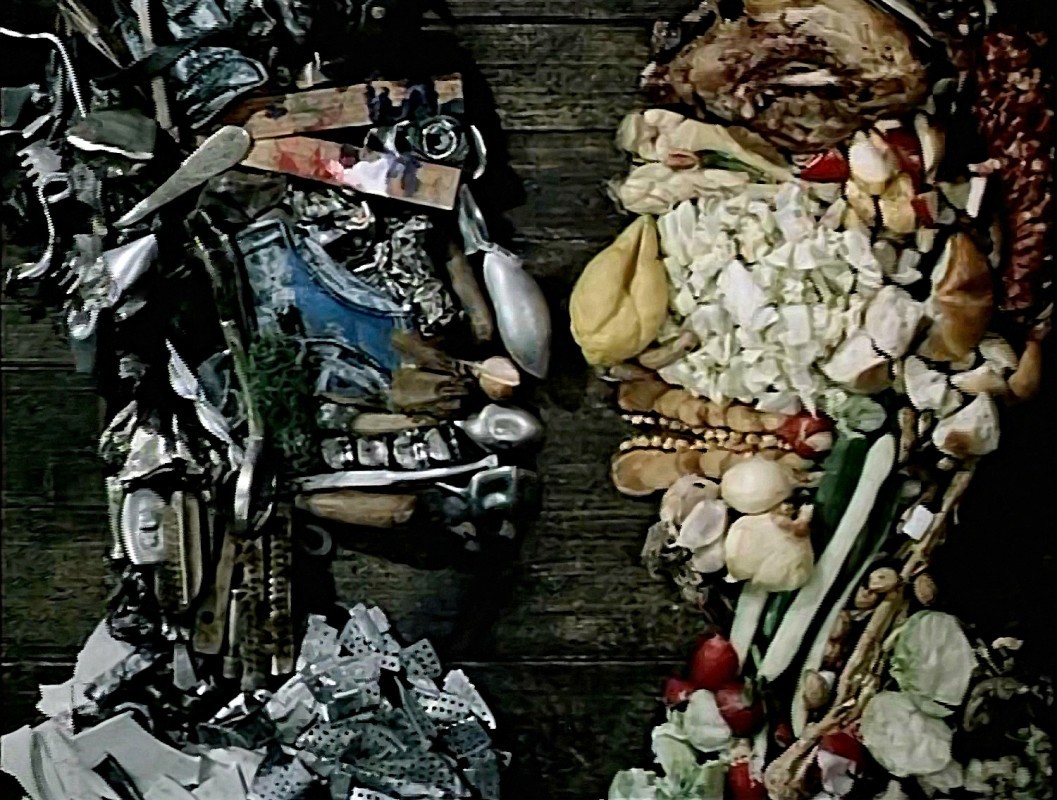
Of all the terrific entries on display recently at the 61st BRNO16 International Short Film Festival, Nora Štrbová’s S P A C E S was perhaps the most moving. In just seven minutes, the animated documentary explores memory from the perspective of her brother, who suffered a rare neurological disorder before his untimely death in his twenties. With a minimalist, hand-crafted style that evokes the glitching memory of its central character, S P A C E S is a poignant blend of artistic medium and heartfelt subject matter.
I spoke to Nora about S P A C E S and her experiences as a filmmaker with my friend Tomáš Hůsek, who helped translate the conversation…
…
LA & TH: This is clearly a labour of love about a very personal subject, as you directed, wrote, animated and created the art design for the film. What made you choose this style to tell the story?
NS: Well, at the beginning when I was thinking about what the movie is going to be, the idea about the subject matter came to me. The entire style of the film is derived from that original concept. It is a very personal story about my brother who lost his memory because of the brain tumour that eventually caused his death. I wanted to try… after I was no longer able to ask him about it… try to imagine how he might perceive the world without memory, what does it mean to live without memory, and also think about what memory actually is.
I started reading articles, books, stories – both fiction and non-fiction – poetry, everything. From this, I put together a sort of mosaic and the style of the film, which is mosaic-like, actually reflects that. It felt fitting to choose a kaleidoscopic form to show how the human mind and memory works. The more I analysed how memory behaves, the more I found out that it is mostly fragments, even in healthy individuals. It is just fragments saved into memory. Sometimes just emotions or sensations that we once felt during situations rather than the situations themselves – colours, smells, textures etc. So I wanted to create that feeling for the viewer… Continue reading “Indie Profiles: Nora Štrbová, director of S P A C E S (M E Z E R Y)”


 Sometimes a film just doesn’t grab me at all and then I’m sat looking at a blank document thinking, “I don’t know if I can be bothered to write anything about this”. It is extra frustrating when I can see the film’s qualities, but feel so neutral towards it that I struggle to muster any enthusiasm.
Sometimes a film just doesn’t grab me at all and then I’m sat looking at a blank document thinking, “I don’t know if I can be bothered to write anything about this”. It is extra frustrating when I can see the film’s qualities, but feel so neutral towards it that I struggle to muster any enthusiasm.
